6 ways to support the people behind the products
Purchases we make every day have an impact on the lives of people around the globe. In a world where products are mass-produced for millions of people around the world, the choice of which t-shirt we buy could mean a massive of difference for a garment factory worker on minimum wage.
Here’s the truth: when we buy cheap or fast fashion, we risk supporting exploitation and abuse.
But if we choose wisely, we can make sure our money isn’t supporting a cycle of abuse that harms factory workers through overworking and underpaying.
Luckily, it’s easy to take steps to make the purchasing decisions you make more ethical:
1. Read the label to find out where items are made
Manufacturers of clothes and other products are usually required to attach a “made in” label. Products are often made overseas in order to access cheap labour — but conditions can be unacceptably bad.
Some labourers work 60 hours a week without a day off, and are paid just US$2 per day. Reading the label can help you decide the true cost of a cheap shirt.
2. Organize a swap-meet for clothes in your local community
It’s fun and social, and helps you upgrade your wardrobe without spending a fortune. Plus you can get rid of your old stuff. If there isn’t one happening near you, get your friends and family together and do it yourself!
And while you’re there, start a conversation with your friends about how to support ethical shopping (scroll down for some ideas with our fact sheets).
3. Choose items that are repairable or long-lasting
Have you noticed how cheaply made, mass-produced clothes and products don’t last long? Or that it’s often cheaper to buy a whole new phone rather than fix it?
Where possible, you should invest in higher-quality products that last longer and are less likely to break.
4. Fix your items instead of replacing them
Nothing lasts forever. Gadgets and clothes included. While it’s always quicker and often cheaper, to replace an item outright, buying new can mean perpetuating a cycle of fast manufacturing and supporting poor labour standards.
5. Seek out second-hand stores and thrift markets
Vintage items and clothes are getting more and more popular. Luckily, local markets across Bangkok and the rest of Thailand often have second-hand and vintage sections.
And buying genuine vintage items means you’re recycling old clothes without perpetuating a cycle of poor labour standards.
6. Have a conversation with your friends about shopping ethically
Manufacturers and brands can get away with treating workers badly because it happens behind closed doors. It’s happening far away from shopping malls, in factories far away or overseas, affecting people we’re never met.
You can help change this by starting a conversation with your friends and family about shopping ethically.
Use our resources here to get started:
Editor’s choice

Where are they now?: Joey, Philippines
In 2015 when IOM X was just a few months old we brought together 20 youth leaders from all 10 ASEAN countries in Bangkok for the IOM X ASEAN Youth Forum. The goal was to connect with amazing young people who were passionate about social change and the issue of human trafficking and to share … Continue reading “Where are they now?: Joey, Philippines”

Where are they now?: Joey, Philippines
In 2015 when IOM X was just a few months old we brought together 20 youth leaders from all 10 ASEAN countries in Bangkok for the IOM X ASEAN Youth Forum. The goal was to connect with amazing young people who were passionate about social change and the issue of human trafficking and to share … Continue reading “Where are they now?: Joey, Philippines”

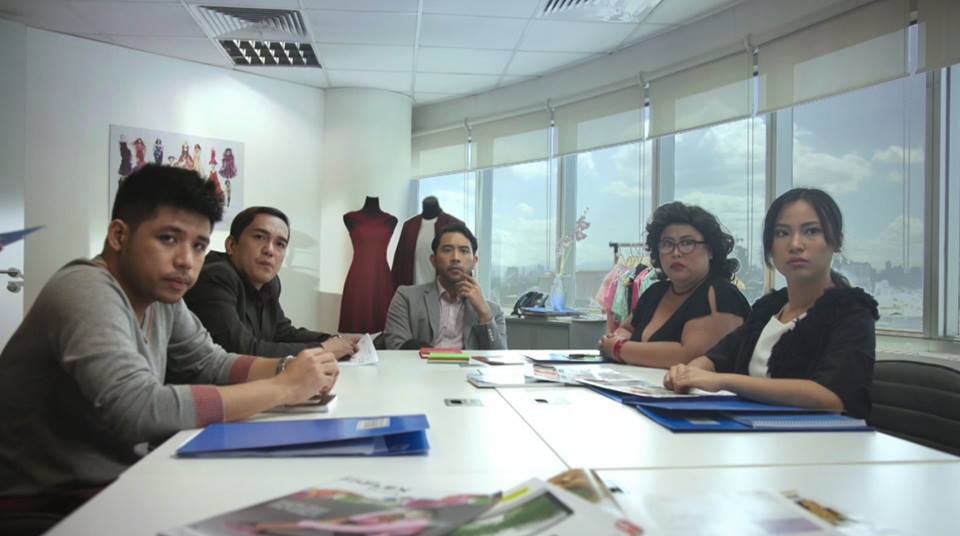
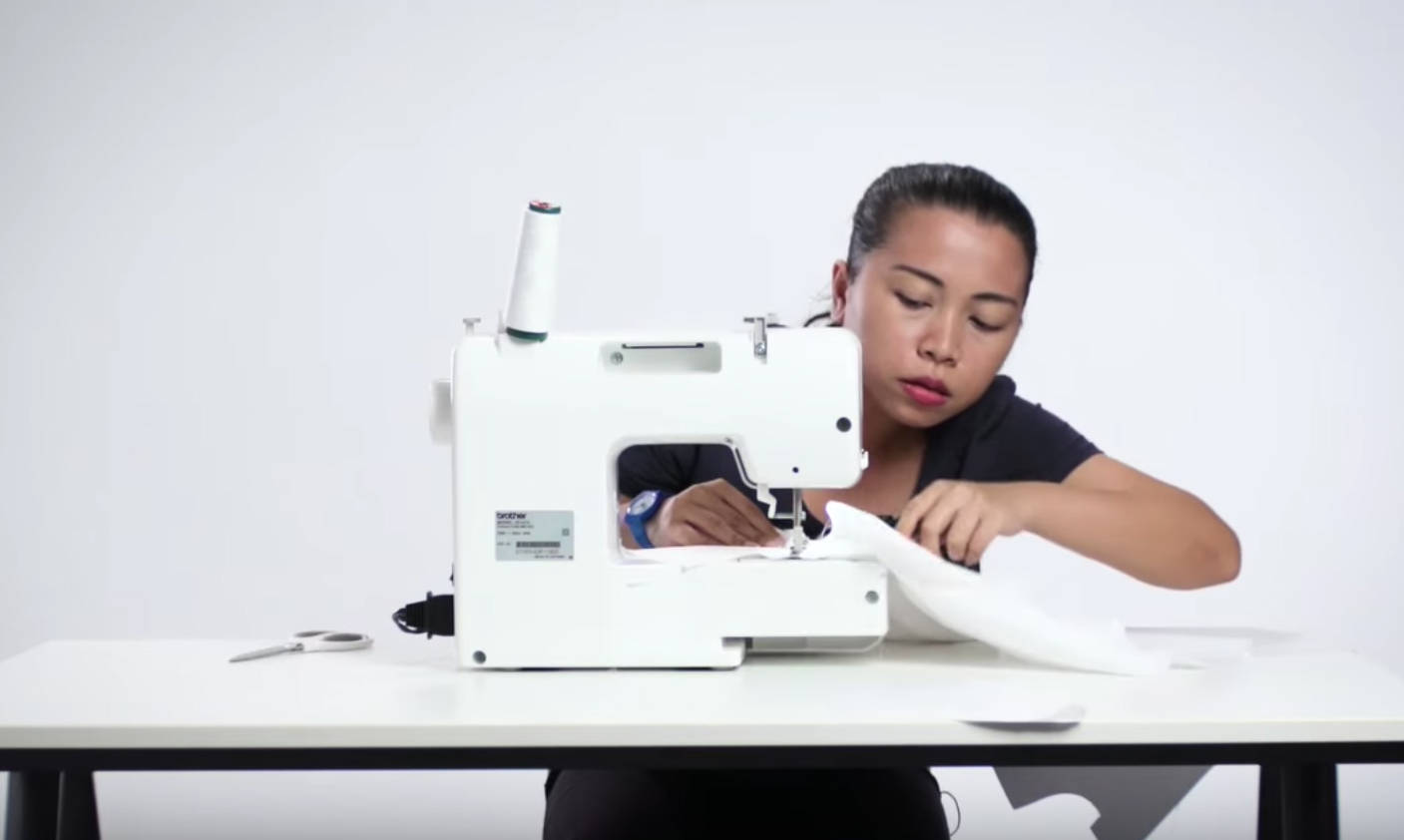


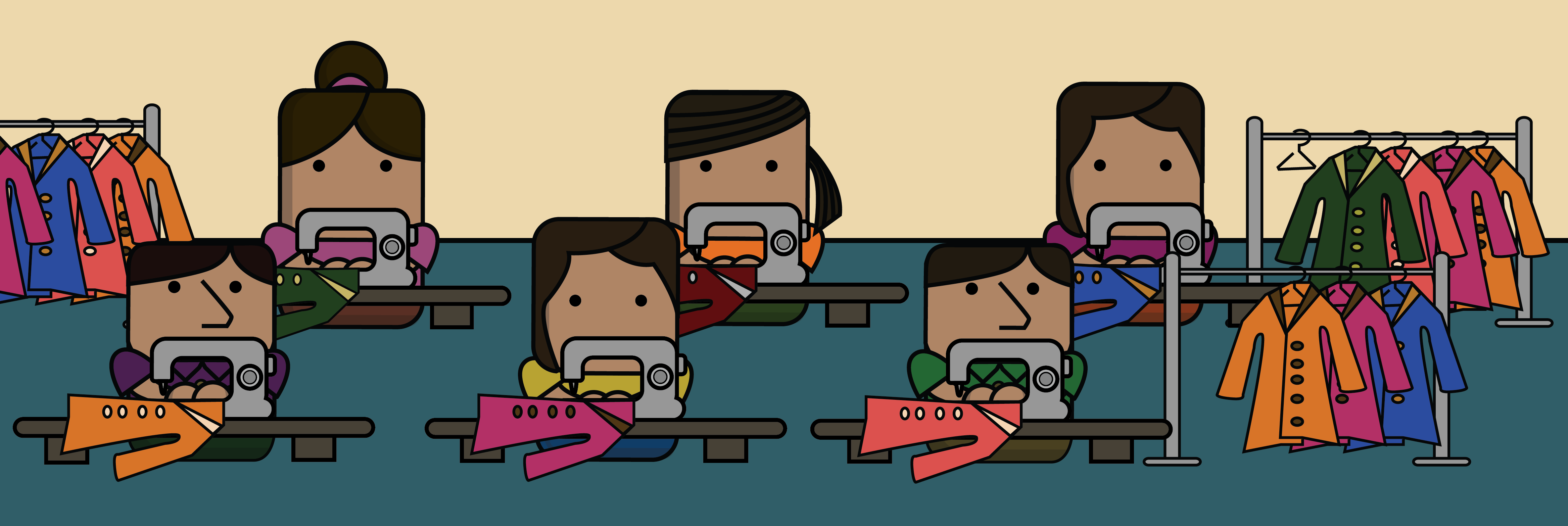
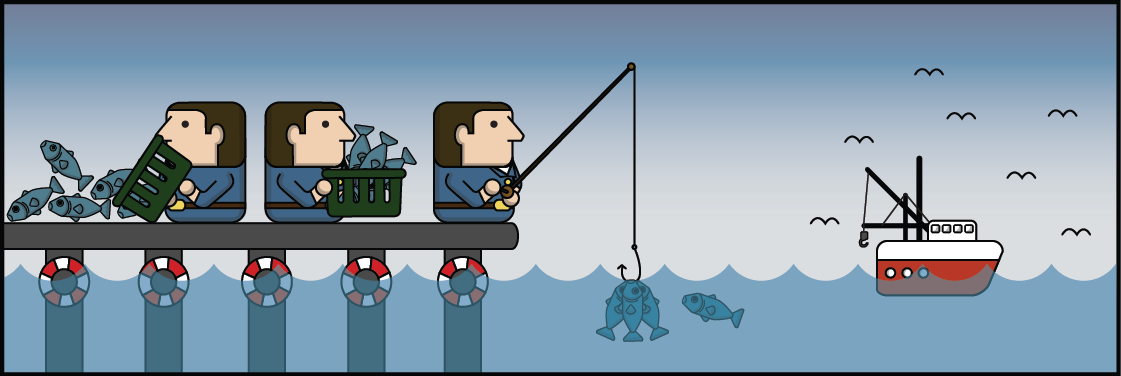

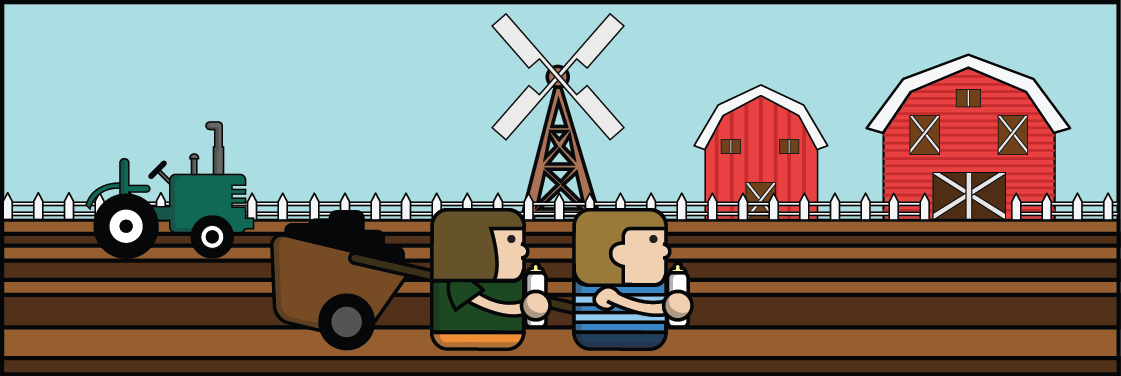
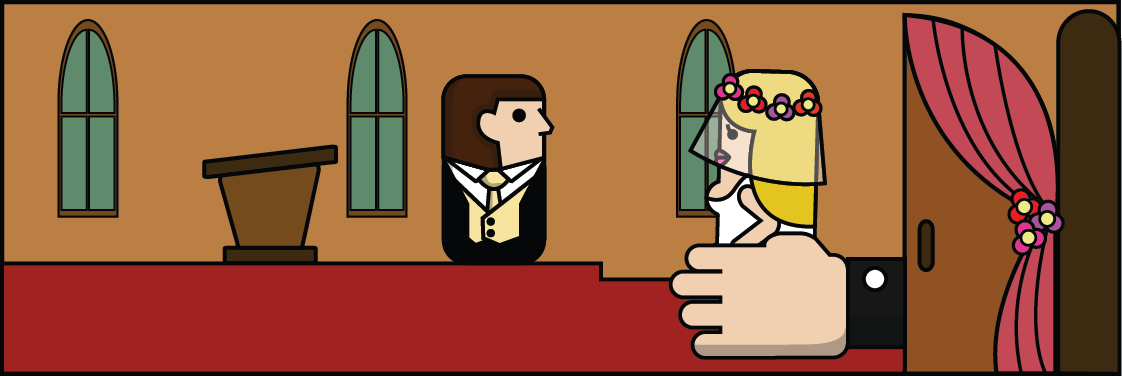
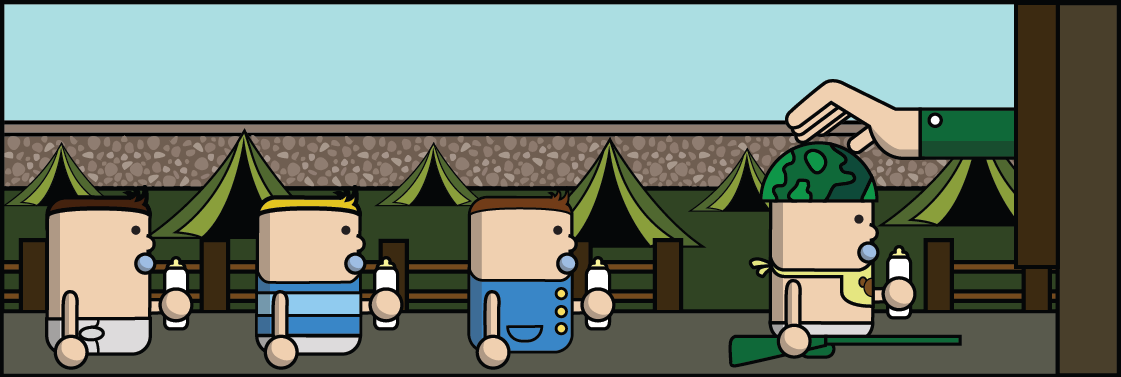
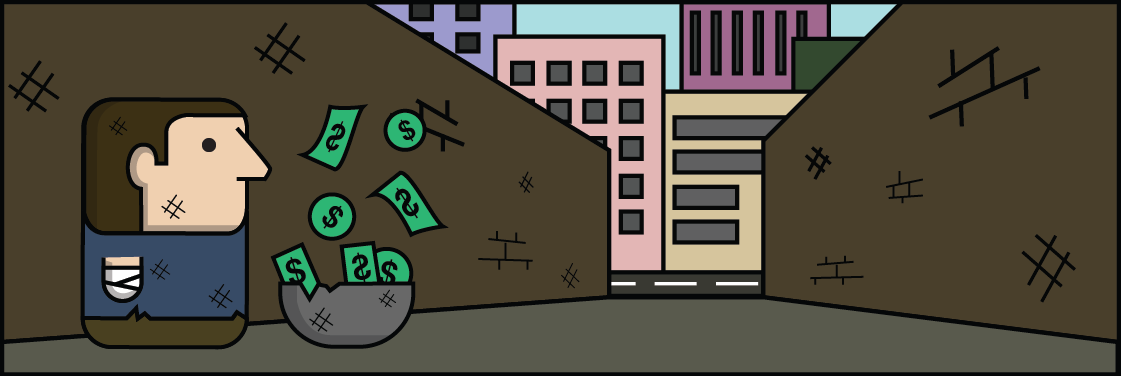

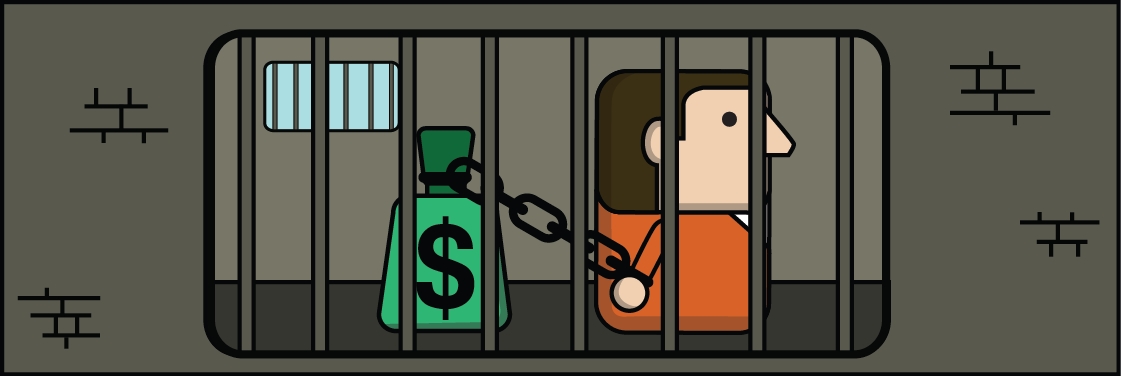
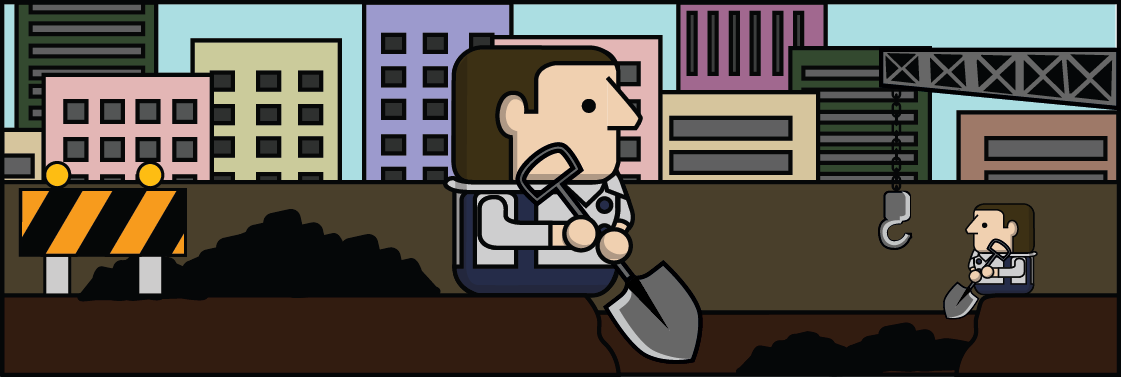

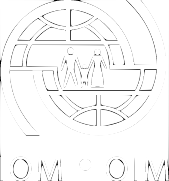 Power by
Power by